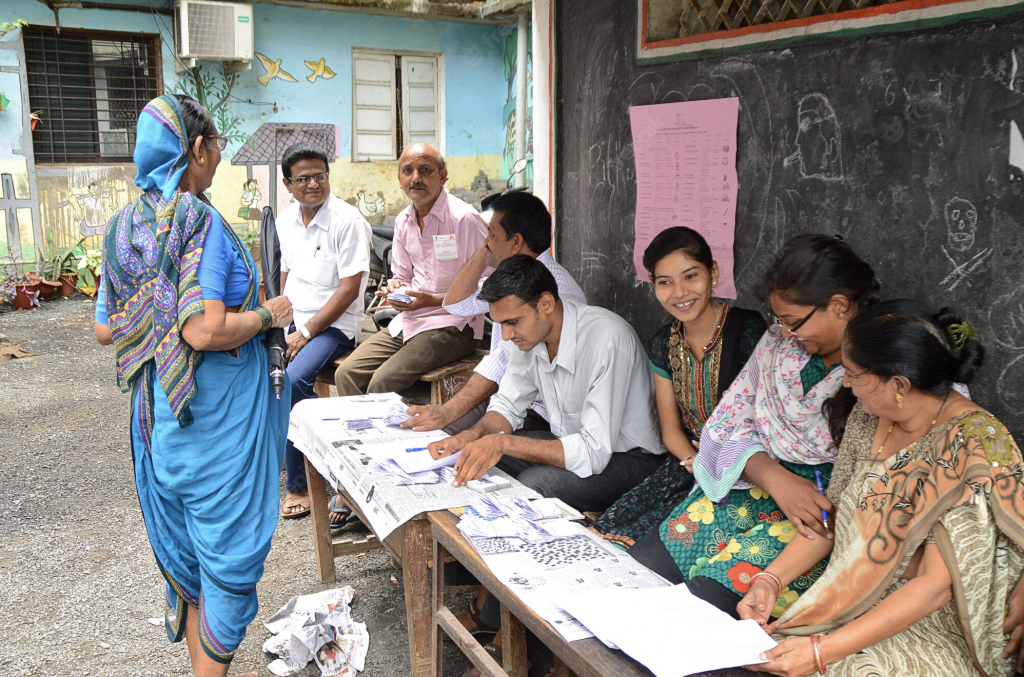
Not all Indians are extremists or racist. It is a country of wide diversity, many different religions, cultures, and civilizations that have been living in India for centuries. Many outsiders ruled India perfectly, like Muslims, British, etc. Even, after getting independence from the British in 1947, the people of India were living together. Hindu, the major religion in India has four castes but the adherent of each are not treated equally; the lowest of these, the so called ‘Untouchables’, are often the worse-treated.
While it is the duty of the Government to enjoin good practices and oppose bad ones, Prime Minister Narendra Modi, during his election campaign, gain votes from the extremist groups by promoting extremist ideology and making promises of converting India into a pure Hindu state where all non-Hindus would either be converted to Hinduism or kicked out of India. After winning the election, he enacted extremist policies which harmed the minorities, including Muslims, Christians, Sikhs, etc.
The extremists standing with him are estimated at only 6% of the population. But, due to government backing, and with support from security forces, the judiciary and the media, their impact is huge. In fact, the Government has been hijacked by extremists. By virtue of their official powers, they are leading the country into chaos. It has damaged the unity of the nation and projected an ugly face to the global community. Human Rights Watch and NGOs, working on human rights have been criticizing Indian official policies against minorities.
There is a complete awareness of the sensitivity of the extremist policies within the country and common people are worried about it. They have reflected their anger in the recent local / provincial election. As a result, the ruling political party led by Prime Minister Modi has merely a clear majority in only 10 of the 29 state Assemblies.
The remaining breakdown is as under:
- 0 seats in Sikkim – a state invaded by India illegally,
- 0 seats in Mizoram – a state undergoing insurgency,
- 0 seats in Tamil Nadu – one of the most literate states,
- 4 out of 175 in Andhra – the most populous state,
- 1 out of 140 in Kerala – full of IT intellectuals and termed the Silicon Valley of India,
- 3 out of 117 in Punjab – home of Sikh religion and victim of state terrorism,
- 3 out of 294 in Bengal – Muslim majority state,
- 5 out of 119 in Telangana – a state under insurgency,
- 8 out of 70 in Delhi – the capital of the nation,
- 10 out of 147 in Orissa – highly populated state,
- 12 out of 60 in Nagaland – desperate state struggling for independence.
In those states where the BJP has a coalition government, the BJP’s seat status is thus:
- 2 out of 60 in Meghalaya – a critical and fragile coalition,
- 53 out of 243 in Bihar – a Muslim majority state,
- 25 out of 87 in J&K – the most troubled state, where 900,000 troops are deployed to control the 8 million population,
- 13 out of 40 seats in Goa- a beautiful state and tourist destination.
Out of a total of 4139 assembly seats in the country, the BJP has 1516 seats out of which 950 seats are from 6 states like Gujarat, Maharashtra, Karnataka, UP, MP, Rajasthan.
The meaning is clear: there is no wave or storm of the BJP. In fact, the BJP has lost 66% of the seats in the country.
The common man is more concerned about his or her job, earnings, safety, welfare, and development of the country. The extremism, intolerance, and discrimination have harmed the social and economic life of the common man. The common population cannot change the state policies so easily, but they can reflect their anger and concerns at polling time and cast their vote against those responsible for said policies.
Based on the above facts and figures, one can derive a conclusion about the future of the BJP or PM Modi. The next general elections are due in the year 2024, but election campaigns have already begun and pre-election preparations are underway. The people of India have full awareness and have the right to choose the government of their own choice.
![]()




Be the first to comment